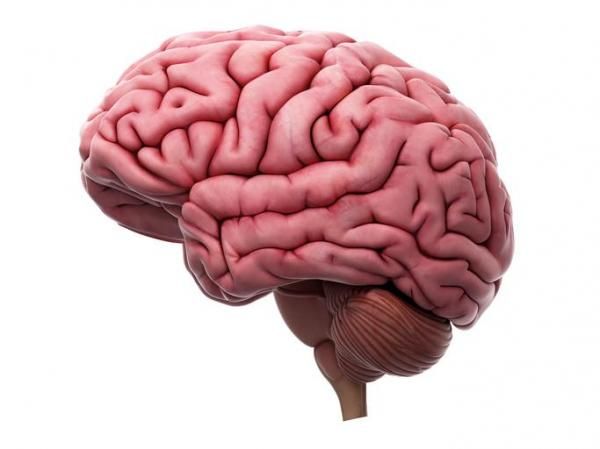
Your brain isn’t a filing cabinet where memories gather dust—it’s more like a dynamic, ever-changing network that’s constantly rewiring itself. This phenomenon, called neuroplasticity, means your brain can form new neural pathways throughout your entire life.
The Power of Sleep in Memory Retention
Some of your most important memory work happens while you’re completely unconscious. During deep sleep, your brain essentially takes out the trash, clearing away cellular waste and consolidating the day’s experiences into long-term storage.
Studies show that people who get 7-9 hours of quality sleep perform significantly better on memory tests than those who skimp on rest. But it’s not just about quantity—timing matters too. That afternoon nap you feel guilty about? It might actually be boosting your memory consolidation.
To optimize your sleep for memory:
– Keep your bedroom cool, dark, and quiet
– Avoid screens for at least an hour before bed
– Try to maintain consistent sleep and wake times
– Consider a 20-30 minute power nap if you’re feeling mentally foggy
Movement as Medicine for Your Mind
Remember being told that exercise is good for your body? Well, it turns out your brain gets just as much benefit from physical activity as your muscles do. When you exercise, your brain releases a protein called BDNF (brain-derived neurotrophic factor), which essentially acts like fertilizer for your neurons.
Research shows that even a 20-minute walk can improve memory performance for up to two hours afterward. The key is consistency rather than intensity.
Some brain-boosting activities to consider include:
– Dancing, which combines physical movement with learning new patterns
– Swimming, which provides excellent cardiovascular benefits
– Yoga, which reduces stress hormones that can impair memory
– Even gardening, which engages both fine motor skills and spatial reasoning
Active Learning
Here’s where most people go wrong with memory improvement: they treat their brain like a passive storage device instead of an active learning system. Simply re-reading information over and over is one of the least effective ways to remember it.
Instead, try these evidence-based techniques:
The Feynman Technique: Explain what you’re trying to remember in simple terms, as if you’re teaching it to a child. If you get stuck, you’ve found the gaps in your understanding.
Spaced Repetition: Review information at increasing intervals rather than cramming. Study something today, review it tomorrow, then again in three days, then a week later.
Nutrition That Nourishes Your Neurons
Your brain consumes about 20% of your daily caloric intake, so what you eat directly impacts how well it functions. Certain foods have been shown to specifically support memory and cognitive function.
Brain-boosting foods include:
– Fatty fish rich in omega-3s like salmon, sardines, and mackerel
– Blueberries, packed with antioxidants that protect against oxidative stress
– Dark leafy greens containing folate and vitamin K
– Nuts and seeds, especially walnuts, which literally look like little brains
– Dark chocolate with at least 70% cacao content
Equally important is staying hydrated. Even mild dehydration can impair concentration and memory formation. Aim for clear or pale yellow urine as a simple hydration check.
The Social Connection Factor
Socializing isn’t just fun—it’s actually one of the most powerful cognitive exercises you can do. Engaging in meaningful conversations requires your brain to recall information, process new ideas, and adapt to different communication styles in real-time.
Studies of aging populations consistently show that people with strong social connections maintain better cognitive function as they age. This doesn’t mean you need to become a social butterfly, but regular, meaningful interactions with others can serve as excellent brain training.
Consider joining a book club, taking a class, or even having deeper conversations with family members. The key is genuine engagement rather than passive socializing.
Stress Management
Chronic stress is memory’s kryptonite. When you’re stressed, your body releases cortisol, which can actually shrink the hippocampus, the brain region crucial for memory formation. The good news is that stress management techniques can not only prevent this damage but may even reverse it.
Effective stress-reduction strategies include:
– Meditation, even just 10 minutes daily
– Deep breathing exercises
– Regular time in nature
– Journaling to process thoughts and emotions
– Setting boundaries with technology and social media

